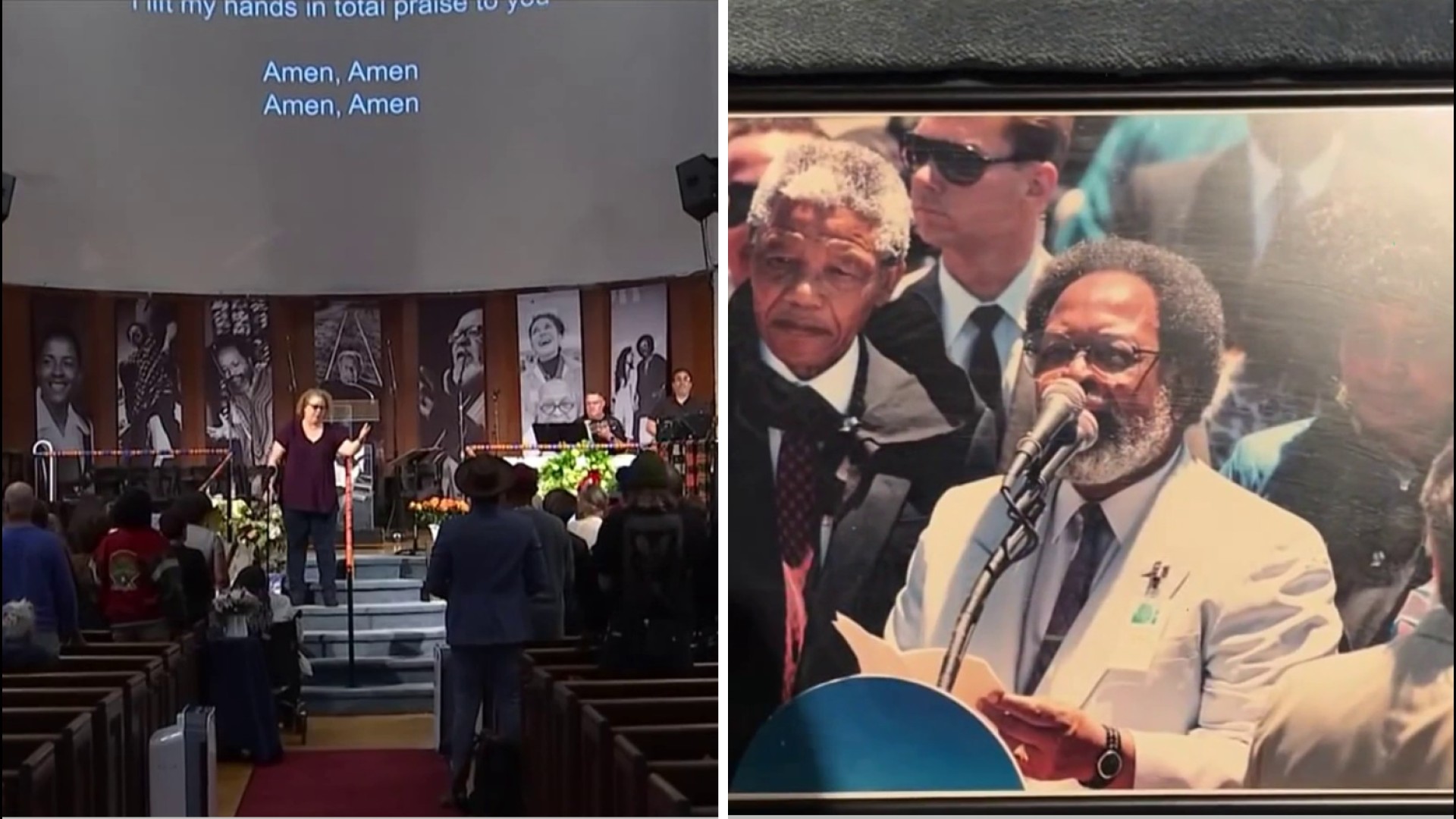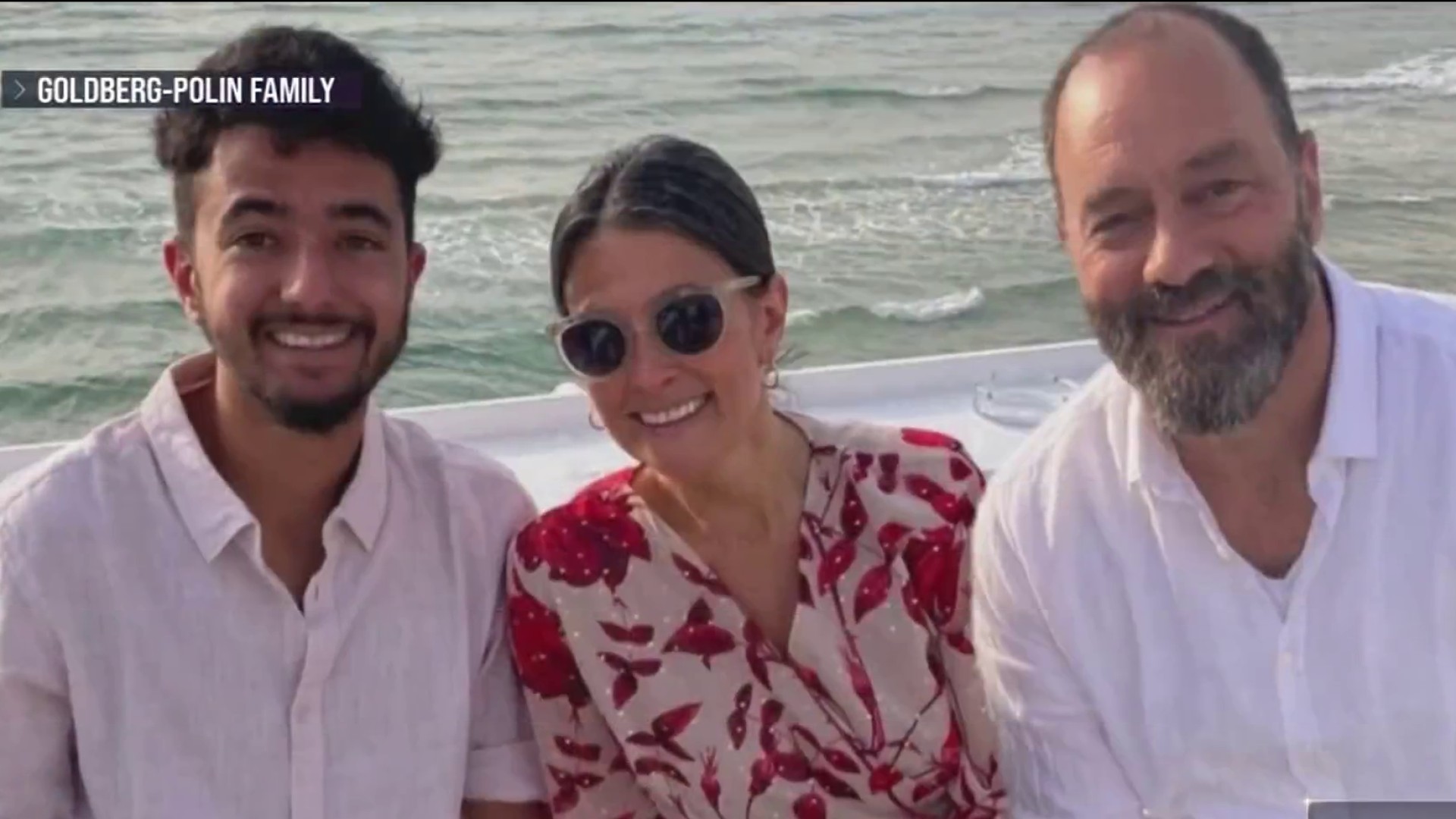A San Francisco Superior Court judge Tuesday rejected an injunction request by the city's police union that would have blocked a new use-of-force policy from going into effect.
The San Francisco Police Officers Association filed a lawsuit last week seeking to block the city from unilaterally implementing the new policy, which included bans on shooting at moving vehicles and the use of carotid holds.
Judge Richard Ulmer found the city and the police commission have the right to set policy, including use of force policies that impact an officers' safety.
Martin Halloran, police union president, disagrees, saying if a terrorist plows a truck into a crowd, as happened this year in France and Germany, officers should know they can fire on those vehicles.
"Now the officers won’t be able to protect themselves if in fact a truck such as in Nice or in Berlin is barreling down at the officers," Halloran said.
An attorney for the police union asked the judge to consider officers' safety, but Ulmer said the state Supreme Court has given the cities power to set use of force policies.
"It’s something they have decided," he said. "It’s a done deal."
Local
The city’s new police chief, William Scott, said he helped implement changes to Los Angeles' use of force policies that severely restrict shooting into moving vehicles. Halloran said he agrees with that policy.
"They do have restrictive language preventing an officer from shooting into a moving vehicle, but they also have extreme and exceptional language that is not contemplated by the order," he said.
An attorney representing the city and police commission said the new changes do acknowledge exceptional circumstances.
"In the event of exceptional circumstances, those conditions and circumstances will be taken into account in reviewing the officers' use of force," Katie Porter, deputy city attorney, said. "So there is some wiggle room, correct."
The lawsuit was filed on Dec. 20, and the city's Police Commission approved the policy a day later.
Halloran said the union is pushing ahead for a full trial, which could take three to four months before the issue is resolved.



